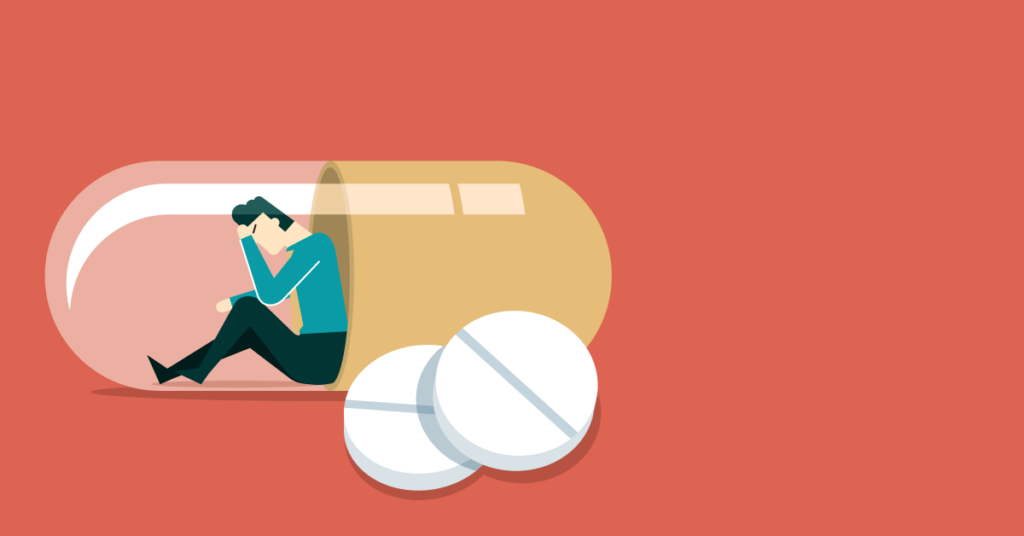They’re related, but not the same:
Chemical dependence: physical need for a substance
Addiction: compulsive use despite harm
You can have one without the other—both need care
Difference Between Addiction vs. Chemical Dependence
Think of it this way: An addiction refers to behavioral and brain changes caused by excessive drug or alcohol use, while a chemical dependence describes a physical or psychological dependence on a substance. You can become dependent on a substance from long-term use or by building a tolerance that requires taking more of the drug to feel its effects. When you’re substance-dependent, finding and consuming that drug becomes a regular activity, but when you’re addicted, it becomes the main priority, regardless of how negatively it affects your life. Being dependent on a substance doesn’t necessarily mean you’re addicted, but it can increase your risk of addiction without the right support.Defining Substance Dependence and Its Characteristics
A substance dependence often happens gradually, and it isn’t always caused by illicit drugs. You can become dependent on drugs prescribed to control chronic pain or other medical conditions by not following proper usage. Common substances people become dependent on include:- Alcohol
- Benzodiazepines, including Xanax or Valium
- Cocaine or amphetamines
- LSD
- Opiates, including heroin or opium
- Pain-relieving drugs such as morphine
- Marijuana
Understanding Addiction: The Concept of Substance Use Disorder
As drug usage intensifies, it can go from being an occasional activity to get high or feel good to an addictive behavior you can’t function normally without. Not taking the drug can cause intense cravings and physical illness, influencing you to consume it, even if it’s negatively affecting other aspects of your life. Addiction or substance use disorder is a complex disease that alters the brain region responsible for pleasure and reward. It causes you to associate a certain substance with intense pleasure, encouraging you to take more and triggering feelings of stress and anxiety when you don’t. If you’re struggling with a substance use disorder, you aren’t alone — over 40 million Americans aged 12 and older dealt with one in 2020. You may feel a complete loss of control over your substance use, resulting in financial difficulties, family conflicts, health issues and legal problems. Finding and using the drug may become the only thing you think about, pushing you to extreme measures to obtain more. Addiction can often feel hopeless, but with the right help, it’s possible to overcome.Treatment Approaches for Chemical Dependence and Addiction
Treatment for chemical dependence and addiction can vary based on your age, medical history, substance of choice and severity of symptoms and dependence. A health care provider can determine whether your symptoms meet substance use disorder criteria and if they’re mild, moderate or severe. Severe substance abuse may require detox to completely flush out your body and manage withdrawal symptoms. You may be prescribed medication to reduce cravings and attend therapy to uncover the root cause of your substance use, identify underlying mental health conditions and develop healthier coping mechanisms. Treatment can take place at a residential facility or an outpatient rehab center. It all depends on your unique addiction struggles and how much help and supervision you need to get better. Understanding addiction and chemical dependence is the first step toward recovery. Reaching out for help comes next. At Mental Health Hotline, we’re committed to helping you connect with needed resources to overcome substance abuse or mental health issues and build a more fulfilling life. Contact us today — there’s always someone waiting to take your call.Editorial Team
-
 Written By: MHH
Written By: MHHMental Health Hotline provides free, confidential support for individuals navigating mental health challenges and treatment options. Our content is created by a team of advocates and writers dedicated to offering clear, compassionate, and stigma-free information to help you take the next step toward healing.
